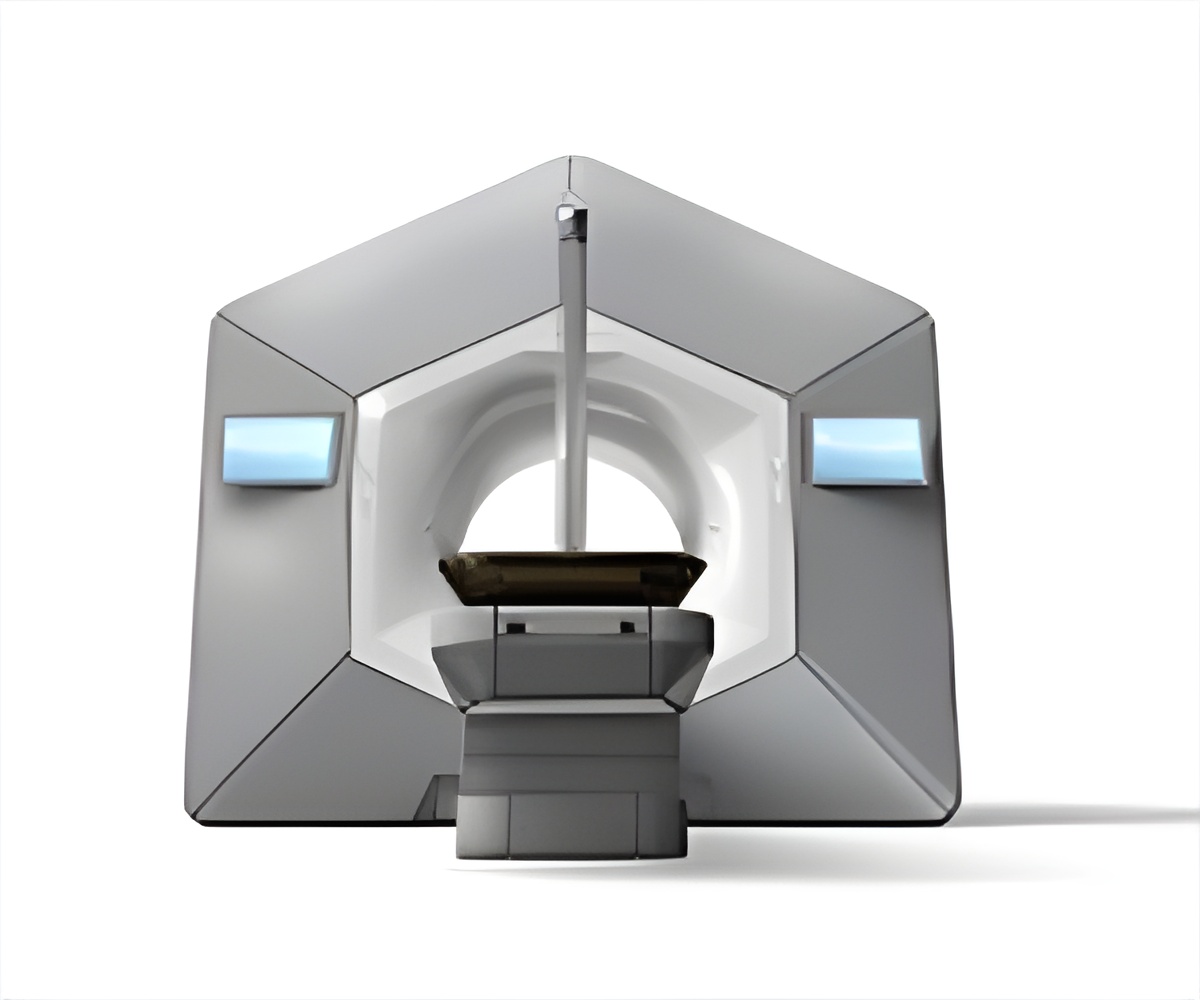
‘The Varian Halcyon system - Penn's new radiation technology delivers radiation more accurately and works at twice the speed compared to traditional platforms.’
Tweet it Now
Starting in 2015, Penn collaborated with Varian, the platform's manufacturer, on the development and validation of the new technology. The platform was designed with the goal of making it easier for technicians to use, involving just nine steps instead of the 30 or more that are currently involved on standard radiation therapy platforms. Testing conducted at Penn has shown that the radiation itself was delivered comparably to traditional platforms -- or in some cases more accurately -- while working at roughly twice the speed.Because of the increase in speed, the platform means that patients spend less time undergoing each treatment session. In the case of the first patient treated, it took just 13 minutes to set up the therapy room, take images of the patient, apply the therapy, and break the equipment down. The patient was under the beam for just three minutes. In a typical case using other radiation technology, the whole process would have taken more than 20 minutes, including 10 minutes of total beam time.
In addition to head and neck cancer, Penn physicians plan to use Halcyon to treat breast and cervical cancer, as well as to shrink tumors for symptom relief among patients with metastatic cancers.
"Penn's department of Radiation Oncology is a national and global leader in both proton and conventional radiation therapy including the development of global training and education courses," Metz said. "Partnering with outside innovators to test and bring new technologies to the clinic is a great example of our leadership and collaboration in the field, and our commitment to offering more options to the patients we care for."
Source-Eurekalert













